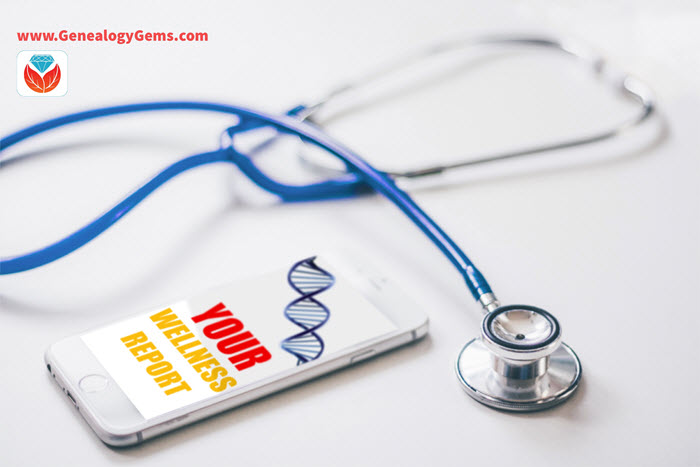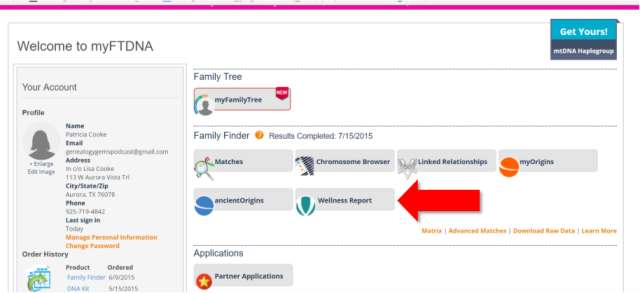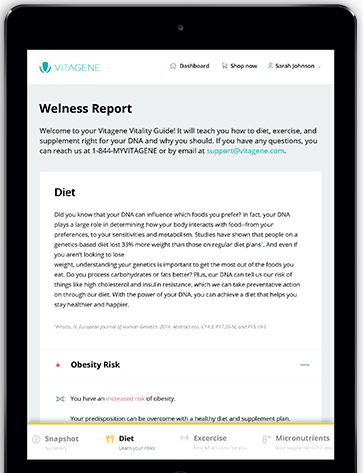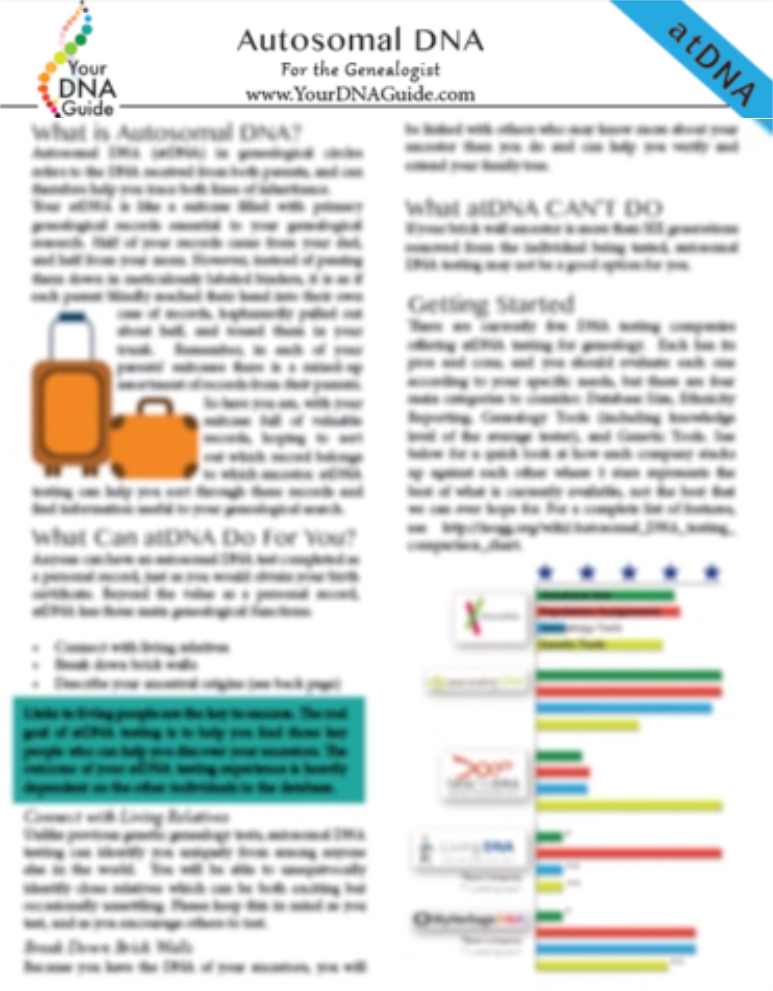by Lisa Cooke | May 28, 2015 | Beginner, Digital Archives, Libraries, Listeners & Readers, Research Skills, Travel, United States
 Recently we heard from Jennifer, who wondered what kinds of genealogy resources she might discover in a state capital.
Recently we heard from Jennifer, who wondered what kinds of genealogy resources she might discover in a state capital.
“I’m tagging along on my husband’s thesis research trip to Columbus, Ohio. I have some ancestors from other parts of Ohio. I was wondering what exactly I could look for in a state’s capital collections/archives that could save me a trip to the city or county? I was thinking that the state capital may have a “gem” that I couldn’t find elsewhere, or even duplicated information [from local repositories]. Do you know?”
Yes, Jennifer is definitely thinking along the right lines! Here’s our advice:
At the state level there are often two key resources: the state library and the state archives. These might be combined. One might be called the state historical society. You just have to look for each state. In Ohio, the Ohio History Connection serves as the state historical society and official state archives. But there is also a state library that serves as a repository for government documents and a resource for other libraries. Each has resources for genealogists, online and in-house. (Click here for digital genealogy content at the state library and here for resources at the Archives/Library of the Ohio History Connection).
In addition, public libraries of major cities often have excellent local history and genealogy collections. This is definitely true of the Columbus Metropolitan Library in Ohio’s state capital!
We suggest you contact librarians before you go and ask what they have that can’t be found anywhere else, both on a state level and for locales you are researching. Often times that will include photograph collections, company (business) collections, and my favorite newspapers on microfilm. If you can formulate specific genealogical questions that you want to try and answer and share those ahead of time with the librarian that will help her guide you toward the unique gems. Every state library and archive is unique, so consulting by phone with the reference librarian is the best way to go.
 Here are a few articles on my website that can help you prepare to find genealogy records in a state capital repository or in any major library:
Here are a few articles on my website that can help you prepare to find genealogy records in a state capital repository or in any major library:
by Lisa Cooke | Aug 12, 2020
Free Webinar: MyHeritage Photo Discoveries, Enhancement, & Colorization In this free webinar I’ll show you how to discover photographs of ancestors who currently don’t have photos in your tree using MyHeritage’s exciting Photo Discoveries™ technology. Then...
by Lisa Cooke | Oct 9, 2017 | 01 What's New, DNA, Health History
A Vitagene Wellness Report is now available to Family Tree DNA customers. The $49 report just takes a week and promises personalized recommendations for your nutrition, exercise, and supplements based on your genetics and lifestyle. Here’s what Your DNA Guide Diahan Southard has to say about it.

 Recently, Family Tree DNA offered its customers a new $49 add-on product: a wellness report that promises to “empower you to make more informed decisions about your nutrition, exercise, and supplementation.” The report comes via a partnership with Vitagene, a nutrigenomics company.
Recently, Family Tree DNA offered its customers a new $49 add-on product: a wellness report that promises to “empower you to make more informed decisions about your nutrition, exercise, and supplementation.” The report comes via a partnership with Vitagene, a nutrigenomics company.
How does it work? When you order the report, Family Tree DNA shares the results of your Family Finder test with Vitagene and gives you a lifestyle questionnaire. According to the site, “this information, along with your DNA raw data results, will be analyzed using the latest research available in the areas of nutrition, exercise, and genomics. You can expect your results to be available on your dashboard within one week of purchase.”
At this point, the test is only available to those who have taken the Family Tree DNA Family Finder DNA test (we called to check with them specifically about those who transfer their DNA to Family Tree DNA, but the Wellness Report isn’t available to them, either). Those who qualify will see a Wellness Report upgrade option on their Family Tree DNA dashboard, as shown below:

What’s included in the Vitagene Wellness Report?
 There are several components to the Family Tree DNA and Vitagene Wellness Report. The site describes them as follows:
There are several components to the Family Tree DNA and Vitagene Wellness Report. The site describes them as follows:
Nutrition Report. “Personalized, actionable recommendations designed to help you reach your weight goals. Learn how your DNA affects traits such as obesity risk, emotional eating, weight regain after dieting, and more. Included Reports: Obesity Risk, Alcohol Metabolism, Cholesterol Levels, Triglyceride Levels, Lactose Sensitivity, Gluten Sensitivity, Emotional Eating, Weight Regain After Dieting, Fat Intake, Sodium Intake.”
Exercise Report. “Outlines the optimal physical activities for your body to start seeing better results, faster. Included Reports: Power and Endurance Exercise, Muscle Strength, Muscle Cramps, Exercise Behavior, Blood Pressure Response to Exercise, Weight Response to Exercise.”
Supplementation Report. “Reveals which deficiencies you are more inclined to suffer from and recommends a supplement regimen that will help keep you healthy and feeling 100%. Included Reports: Full Supplementation Regimen, Vitamin D Intake, Vitamin A Intake, Folate Intake, Vitamin B12 Intake, Iron Intake.”
And what about your privacy? According to Family Tree DNA’s Q&A, “Your data is 100% secure and protected by industry standard security practices. We will not share your information without your explicit consent.”
A Little More about the Vitagene Wellness Report (and Others Like It)
This is just one of many services that are cropping up or will crop up in the future to offer additional interpretations of our DNA test results. (23andMe was the first major company in the genealogy space to offer these–click here to read about their health reports, and click here and here to read about the company’s long road to FDA approval.)
Essentially, each DNA test you do for family history looks at a certain number of your SNPs, or little pieces of DNA (not your entire genome, which is costly and isn’t necessary for genetic genealogy purposes). A nutrigenomic profile compares your SNPs with SNPs known to be associated with various conditions or ailments. (These genetic markers have been identified by researchers, many in academia, and deposited in ClinVar, a large, publicly-accessible database that itself is part of an even larger genetic database, SNPedia.) In this case of Vitagene, they are likely mining ClinVar for specific places in your DNA that pertain to nutrition, and were also evaluated as part of the Family Finder test.
Of course, many factors affect your health, nutrition, exercise capacity, and other wellness indicators, not just your genes. The purpose of reports like these is to give you just one more piece of information to weigh personally or with your health care provider.
When considering whether to purchase a nutrigenomics report such as this, I’d look carefully at what’s promised in the report, as well as the company providing it and the cost. Vitagene does also sell vitamin supplements, so they have a clear motivation to tell you about what supplements to take. And, for your information, Vitagene also offers this $49 health report for AncestryDNA and 23andMe customers.
Keep Reading: My Picks for DNA Health Reports

Of course, if it is health advice you want, for only $5 you can turn to Promethease.com and receive a health report–based on any testing company’s autosomal DNA report–that includes some nutritional factors. Or, I will just tell you right now, for free, without even looking at your DNA: Exercise more and eat more green vegetables and less ice cream. There. I just saved you some money. You’re welcome.
I’ve blogged recently about Promethease and another inexpensive recommendation for DNA health reports. Click here to read it!
by Lisa Cooke | Nov 18, 2015 | 01 What's New, Ancestry, DNA
 “This is huge!” That’s how DNA expert Diahan Southard summed up major advances at AncestryDNA this past year. Her post was huge, too: it landed the #5 spot on our Top 10 genealogy blog posts for 2015 countdown. See why!
“This is huge!” That’s how DNA expert Diahan Southard summed up major advances at AncestryDNA this past year. Her post was huge, too: it landed the #5 spot on our Top 10 genealogy blog posts for 2015 countdown. See why!
To those who have spent a lot of time doing genetic genealogy, bringing up the launch of significant updates to AncestryDNA earlier this year may seem like old news. But it’s not. AncestryDNA is still the only company with fairly advanced tools for integrating your genetic matches with your family tree. That combo is so attractive, they’ve already acquired more than a million samples in their current DNA database–a huge pond in which to fish for genetic matches.
That’s why Diahan’s popular post on updates to AncestryDNA and DNA Circles is still newsworthy. As she explained, “This is really the first time a DNA testing company has so fully integrated genetics and genealogy. We can now find cousins in the database who do not share our particular genetics, but who do share some of the genetics of our common ancestor.”
 Before doing any DNA test, we always encourage genealogists to do their homework. Different tests should be used for different genealogical questions. Each company offers unique tools, perks and sometimes drawbacks for genealogy customers. Unexpected results and unpredictable encounters with genetic relatives may be difficult for some. Diahan’s Autosomal DNA for the Genealogist quick guide can help you find your way. Her other guides include those specific to AncestryDNA and autosomal DNA (the type of DNA they test at Ancestry). Click here to check them out–and see a great value price to bundle her guides.
Before doing any DNA test, we always encourage genealogists to do their homework. Different tests should be used for different genealogical questions. Each company offers unique tools, perks and sometimes drawbacks for genealogy customers. Unexpected results and unpredictable encounters with genetic relatives may be difficult for some. Diahan’s Autosomal DNA for the Genealogist quick guide can help you find your way. Her other guides include those specific to AncestryDNA and autosomal DNA (the type of DNA they test at Ancestry). Click here to check them out–and see a great value price to bundle her guides.
Once you’re ready to try an AncestryDNA test, click here to purchase, and you’ll support the free Genealogy Gem blog and podcast. (Thank you!)
Disclosure: This article contains affiliate links and Genealogy Gems will be compensated if you make a purchase after clicking on these links (at no additional cost to you). Thank you for supporting Genealogy Gems!
 Recently we heard from Jennifer, who wondered what kinds of genealogy resources she might discover in a state capital.
Recently we heard from Jennifer, who wondered what kinds of genealogy resources she might discover in a state capital. Here are a few articles on my website that can help you prepare to find genealogy records in a state capital repository or in any major library:
Here are a few articles on my website that can help you prepare to find genealogy records in a state capital repository or in any major library:

 Recently,
Recently, 
 There are several components to the Family Tree DNA and Vitagene Wellness Report. The site describes them as follows:
There are several components to the Family Tree DNA and Vitagene Wellness Report. The site describes them as follows:

 Before doing any DNA test, we always encourage genealogists to do their homework. Different tests should be used for different genealogical questions. Each company offers unique tools, perks and sometimes drawbacks for genealogy customers. Unexpected results and unpredictable encounters with genetic relatives may be difficult for some. Diahan’s
Before doing any DNA test, we always encourage genealogists to do their homework. Different tests should be used for different genealogical questions. Each company offers unique tools, perks and sometimes drawbacks for genealogy customers. Unexpected results and unpredictable encounters with genetic relatives may be difficult for some. Diahan’s